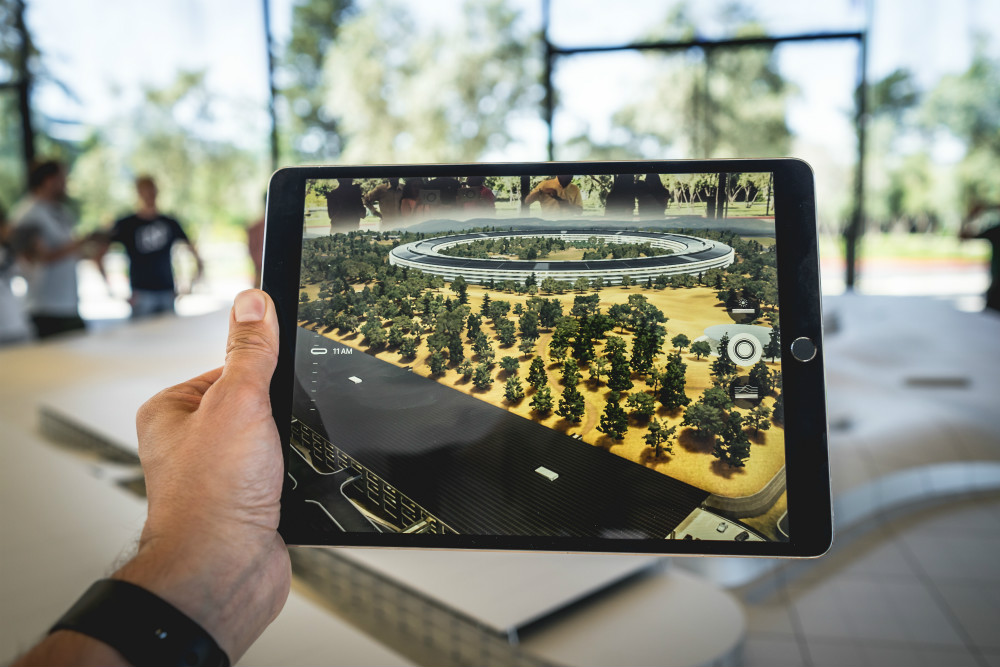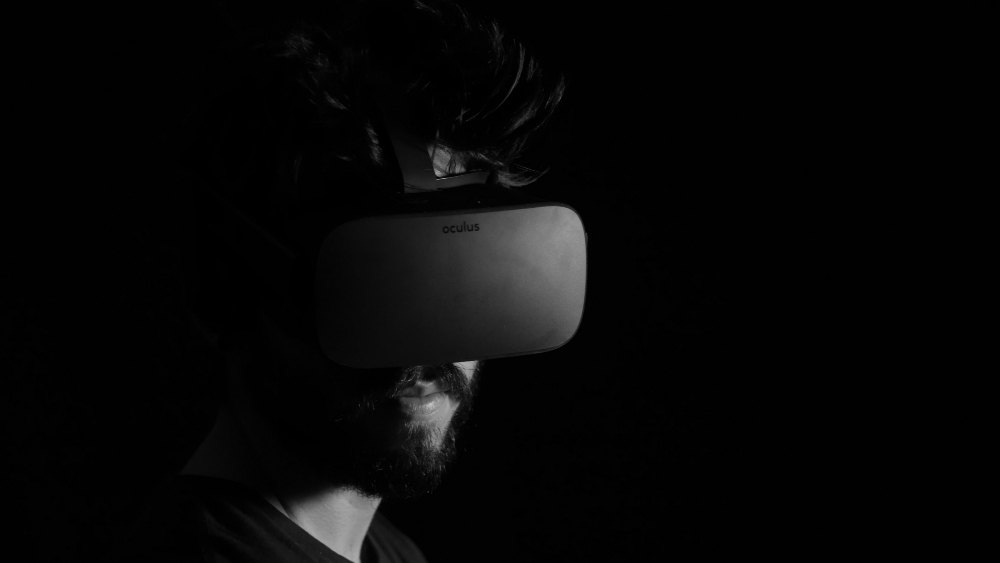How Do AI, Blockchain, VR & Chatbots Impact the B2B Technology Sector?
‘Hype Technologies’ are being written about everywhere, but do they actually provide business value?

Chatbots, Artificial Intelligence, Blockchain, and Virtual Reality
Of all the articles out there spruiking the benefits of this tech, the majority lean toward the B2C space and how it’s going to revolutionise the consumer experience. What then, does this tech have to offer the B2B marketing space?
A quick search of “new technology B2B” brings up a host of articles working to make a case for new tech and its application in the B2B marketing space.
When we talk about nascent, new or buzzword technology, we’re talking above those mentioned above: chatbots, AI, blockchain and VR/AR. These technologies
So let’s look, then, at how these technologies impact and apply to the B2B space.

Chatbots
Chatbots seem to be the bright star in the new tech world. We’ve all begun to see bots popping up for everything from ordering pizza, through to companion bots; some designed to keep elderly patients company and others to keep lonely singles feeling wanted.
Far from the sexy world of flirtatious chatbots, the B2B space is not without its own applications and success stories for this technology. One such case is Buyapowa, a referral marketing platform, previously named RewardStream. Leveraging bot creation platform LeadBot, Buyapower saw an increase of 30 per cent in their converted leads within the first 45 days.
The reality is that even B2B customers don’t want to spend all of their time on the phone. Chatbots present an opportunity for your customers to engage online, giving over more and more information so that you can better understand and qualify them, and they can receive an improved service from you.
Larry Kim of Wordstream is also an advocate of Messenger Chatbots for B2B marketing, predicting it will make a competitive alternative to email campaigns, which today have open rates of about 10 to 15 per cent. As it’s a newer, more curious technology, and your customers are being notified within Messenger, open rates for Chatbot communications are more like “70, 80 or even 85 per cent.” Quite a significant difference.
Artificial intelligence
Artificial intelligence is perhaps the easiest of the bunch to imagine in a B2B technology context. AI, after all, will pretty much be applied to everything tech as the years go on. As with chatbots, which are powered by AI, the secret to using this technology effectively is to train it correctly and feed it well. With clean, unbiased data.
The solution, for many organisations, should be to adopt already existing programs where the development responsibilities do not fall on your shoulders. The likes of SalesForce Einstein can deliver smarter, personalised and more predictive customer experiences, and Mintigo promises a more intelligent CRM system.
Looking to the future of AI in the B2B context, Forbes Communication Council recently reported that there are four areas we can expect to be more deeply explored:
Personalisation – AI allows you to target business entities on a case-by-case basis, enabling you to improve personalisation of products and services.
Propensity modelling – Through AI processing extensive amounts of historical data you are enabled to create propensity models, which can make accurate predictions on things like contact information and lead elements.
Predictive analysis – In a similar vein to propensity modelling, predictive analytics can give you give you an accurate prediction of the range of prices where customers are most likely to convert, the kind of customers that will make repeat purchases and much more.
Lead scoring – AI can give B2B marketers near-psychic abilities showing you which leads are most likely to convert, thus allowing you to better manage your sales force.
Blockchain
What a topic this one is. By now we should all be aware that Blockchain is oh so much more than just cryptocurrency. It is the technology on which cryptocurrency is built, and it can be leveraged beyond just the financial sector. The value in Blockchain, simply put, is its ability to remove the middlemen through its distributed ledger features. It offers a faster, safer way to verify key information and establish trust, which opens up the opportunity to improve the efficiency of supply chains and stakeholder interactions.
Blockchain offers B2B businesses smart contracts, supply chain security, and the ability to maintain secure records.
In the next three years, Blockchain is expected to become a $2 billion industry. While specific examples of it being applied in B2B are not so easy to track down, it is only a matter of time, considering 82 per cent of Fortune 200 companies have either implemented, invested or explored opportunities to use Blockchain in their businesses. Of those, that includes every single one of the top 100 and each of the Big Four Accounting firms.
Blockchain creates more opportunities for transparency, to minimise the risk of getting in business with unverified parties; through its ability to clearly identify. It tracks records in an immutable fashion, meaning everything is trackable and transparent, and it allows you to trace networks and smart contracts so that you can craft value exchange requirements before engagement.
I think it’s fair to say that of all the emerging technologies to feature on this list, Blockchain remains the one with the most unanswered questions. Whilst potentially the technology with the most potential to transform lives, it has yet to take off, in our opinion.

Virtual reality
Virtual, Augmented and mixed reality hardly seems new anymore. The B2C space has got a solid hold on this tech, and there is no shortage of success stories in the application of VR and AR from helping PTSD patients to helping charities garner greater empathy from donors by showing them in vivid detail what cause they can help.
There is no argument against the power of the technology, but how is this being applied in B2B?
360 Video and VR is one area that has really begun to take off in the B2B space. From conference centres to manufacturing warehouses, many B2B businesses with large facilities are utilising the technology to showcase their space, immersing their business customers in the experience for greater impact.
One particular example of VR in the B2B space is Lloyd’s Register, who won a B2B Marketing Award for Best Digital Customer Experience for their Virtual Reality platform designed to “deliver excellence in its interactive training and knowledge share that is helping to deliver reputational and commercial training benefits across the energy industry.”
Lloyd’s Register, an international provider of engineering and technology-centric professional services created in-house Virtual Reality (VR) Safety Simulation and gaming technology so that they can test their engineers in a significantly safer environment than has previously been available.
While all of these technologies are still in their infancy for B2B application, there is no denying that they are alluring and we will wait with bated breath for the day the real disruption hits our space.
